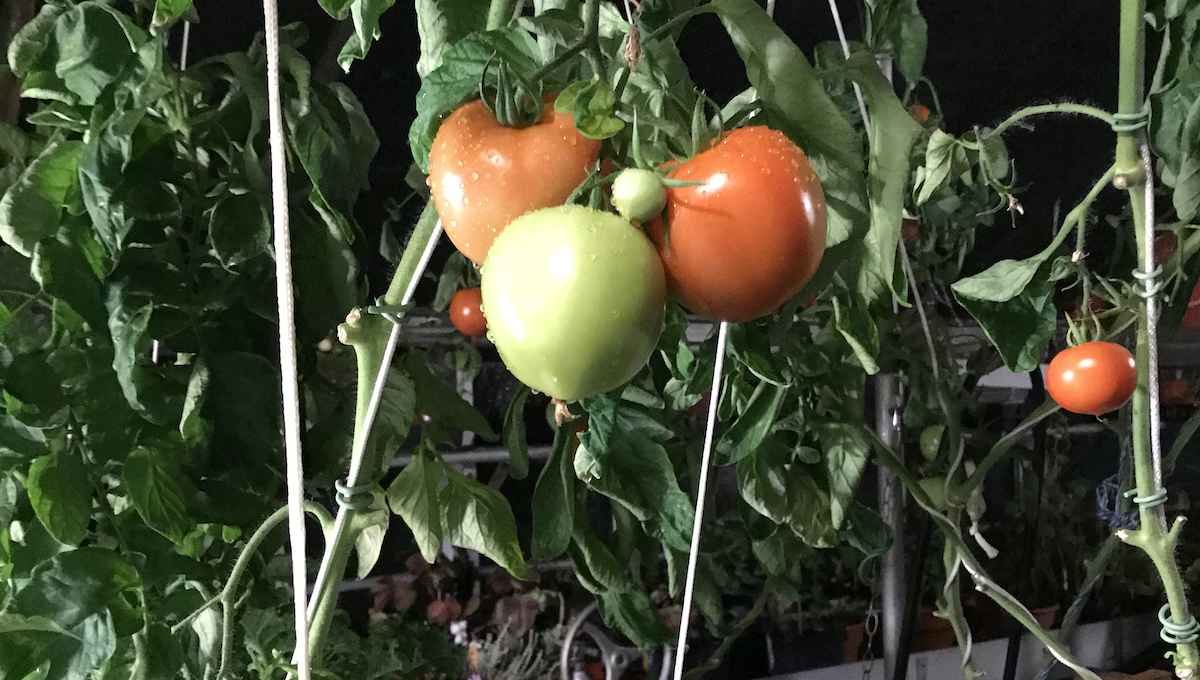If we want to afford repairing our infrastructure, building more parks and community centres, and improving the quality of life in our cities, we need one thing: a prosperous economy. Livable cities and great public transportation systems don’t come for free. They’re funded by productivity.
That’s why we can’t talk about the future of our cities without rethinking the future of our economy. And honestly, we don’t have the luxury to wait. The tariff war is already forcing Canada and Quebec to adapt. With our productivity crisis and qualified labour shortages, we’re well into the zone where necessity should drive innovation. And prioritizing investments in the right places.
That’s what pushed me to look at countries doing better than us. This time, I’m not talking about Dutch bike lanes or integrated transit systems. I’m looking at the Dutch economy itself.
Think of what follows as a lesson we could use to reshape our own approach.
The takeaway is simple: the Dutch built an economic system designed to extract high value from everything they produce. They don’t work more hours than we do. They invest more in tech, robotics, and applied research. Their industries and universities collaborate more tightly. They master logistics. They’ve turned scarcity into a winning strategy.
The best example is their agriculture. Did you know that The Netherlands is the world’s second-largest agricultural exporter? It’s by value, not volume.
Let that sink in: a tiny country with cold seasons not too far from ours, limited land, and major environmental constraints somehow outperforms countries with thousands of times more space.
How?
- Not by working longer hours.
- Not by having more land.
- Not by luck.
They win because they work smarter, invest aggressively in innovation, and treat logistics as a strategic advantage.
Their greenhouses operate like precision factories. Their universities, farmers, and industries collaborate instead of working in silos. They treat production, packaging and shipping as an integrated network. Their clusters concentrate talent and capital instead of scattering them. And they’re strategic about what they produce: high-value food and goods, not low-margin commodities.
Yes, Quebec has borrowed some of these ideas with its push for hydroponic and greenhouse agriculture. I applaud that because we need year-round access to local vegetables and small fruits. But we need to think bigger than that.
What worries me is that Canada and Quebec still struggle with digital transformation. Companies continue to underinvest. They’re too slow to modernize their equipment and their processes. We’re a lot better at installing bureaucracy than building proper logistics. I fear that two things have delayed innovation: abundant land and abundant natural resources.
The Dutch didn’t have a choice. Scarcity forced them to build an economy that multiplies every hour worked. We do have a choice. But we’re running out of time to use it.
If we want better cities, we need a more productive economy. And to get there, we need to act with the same urgency the Dutch had when necessity knocked at their door.
Are you up for that challenge?
To know more about The Netherlands’ agriculture in greenhouses, I suggest to watch this video.
——————
This article first appeared in More Than Streets on LinkedIn.
Subscribe on LinkedIn to get my next issue on your inbox.

